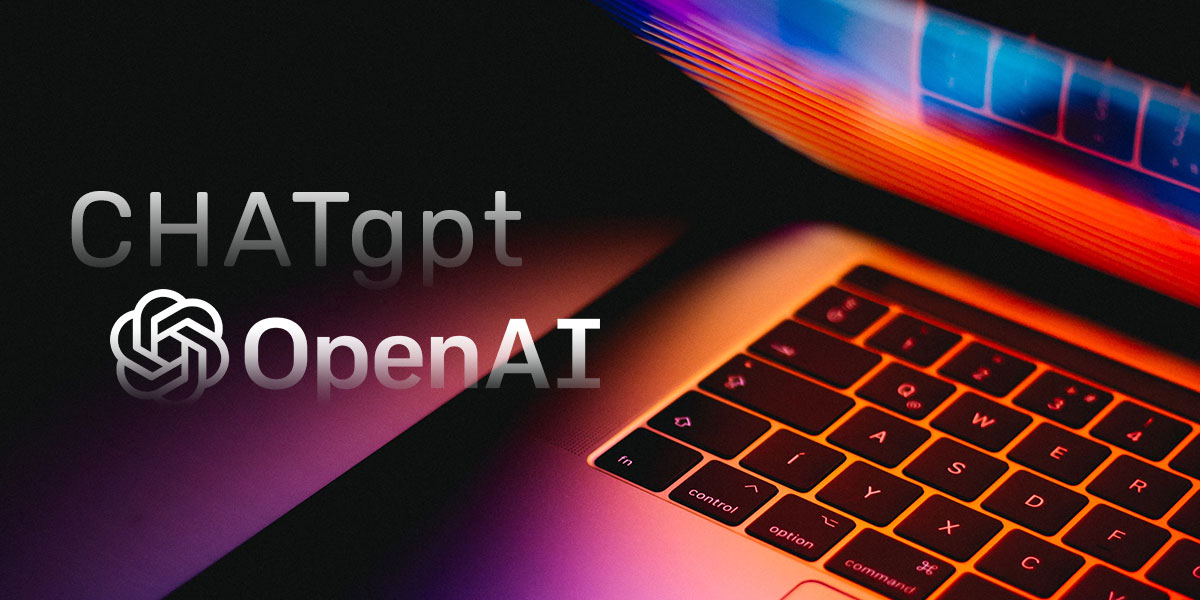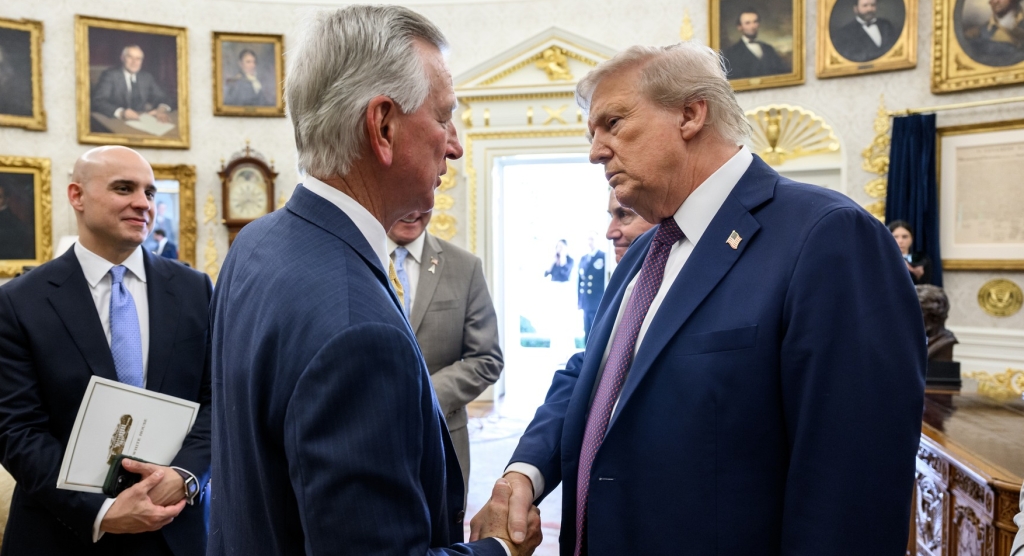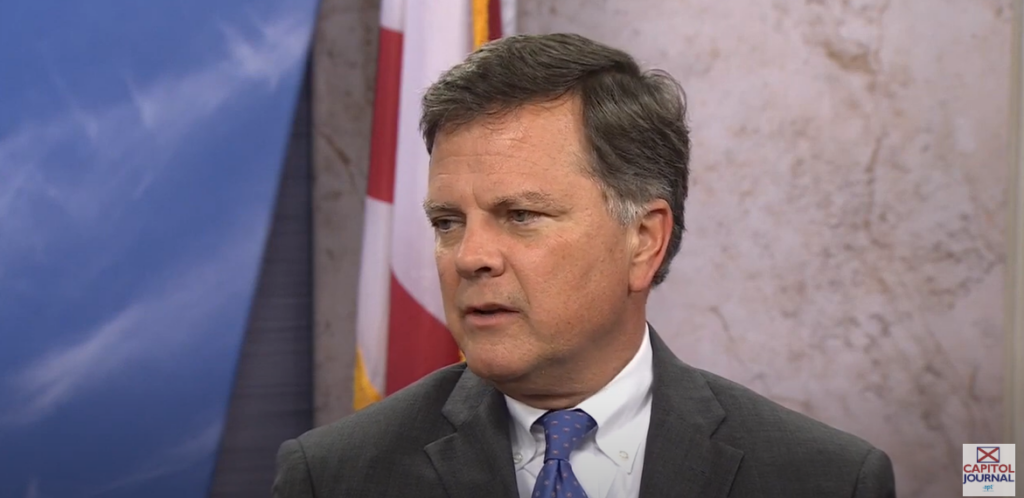The artificial intelligence platform ChatGPT has created a sensation since debuting in late 2022. ChatGPT can produce papers of comparable quality to college students. AI’s progress raises the specter of humans possibly becoming redundant.
ChatGPT’s creator, OpenAI, was started in 2015 with a founding board including Elon Musk and Peter Theil. OpenAI was originally a non-profit organization but now also has a for-profit company valued, following the release of ChatGPT, at more than $30 billion.
Does AI promise a bright or nightmarish future? This depends on whether machines remain under human control or if malevolent machines emerge.
I can barely use my phone, so I cannot offer insight here. OpenAI CEO Sam Altman thinks out-of-control AI could wipe out humanity, so the nightmare is not just science fiction.
The future is very bright if we retain control over AI. Yes, AI will change how we do things, but economics shows that humans need not fear becoming useless. AI and smart machines will not eliminate scarcity or principle of comparative advantage.
Scarcity means that our wants and desires exceed our capacity to satisfy them. Our limited ability to produce goods, services, and life experiences requires resources be used carefully. Smart machines require significant investment to develop and resources to operate. AI is not a free good, even if ChatGPT is currently available without charge.
The principle of comparative advantage demonstrates that specialization based on talents benefits all parties. The key here is relative talents, not absolute abilities. We need not be better than AI, just relatively better at certain tasks. Comparative advantage is why a market economy is not survival of the fittest.
AI forces us to rethink our comparative advantages. ChatGPT is currently imperfect (it creates fiction or “hallucinations”), but machines will soon be capable of doing much of our writing. Thousands of people currently earn their living writing in various ways, from novels, poems, and plays to technical manuals and travel stories. Much of my job (these columns, my professional research) involves writing. How will this change?
For perspective, consider students writing papers with ChatGPT. This original content and would evade plagiarism detection software. Yet ChatGPT is hardly the first way students could cheat. Students today can purchase papers written by others in the college “cheating industry.” AI provides original papers at lower cost.
ChatGPT is another writing tool, like typewriters and word processors. Keep focused on comparative advantage. AI might perhaps generate first drafts of new columns or papers writers can personalize through revisions. Some scholarly papers already list ChatGPT as a coauthor. AI lets us do things we currently do faster, allowing us to do more or have more free time.
Readers will help determine if AI totally replaces human writers. Will we read machine-written travel stories, or should the words reflect the impressions of another human being? If the latter, the challenge will be guaranteeing human-generated content. I’ll leave the technical details for others. Many websites already feature audio versions of pieces; we might see more blending of a contributor’s voice, face, and words.
Whether we enjoy doing tasks will also affect automation. Craft production illustrates the tradeoff. Small breweries, vineyards, family farms, and hand-made products do not fully exploit mass production. People both enjoy making and drinking craft beer, so it survives despite higher production costs.
I suspect people will want to express their thoughts and emotions through fiction for years to come. Others will want to do and publish research. These will persist. I suspect AI will write our technical manuals.
Machines will have awesome power but require investment while people can quickly learn and master complicated tasks. Humans will always possess some comparative advantages over AI. We will be able to do more or have more free time as smart machines do more for us.
Daniel Sutter is the Charles G. Koch Professor of Economics with the Manuel H. Johnson Center for Political Economy at Troy University and host of Econversations on TrojanVision. The opinions expressed in this column are the author’s and do not necessarily reflect the views of Troy University.











